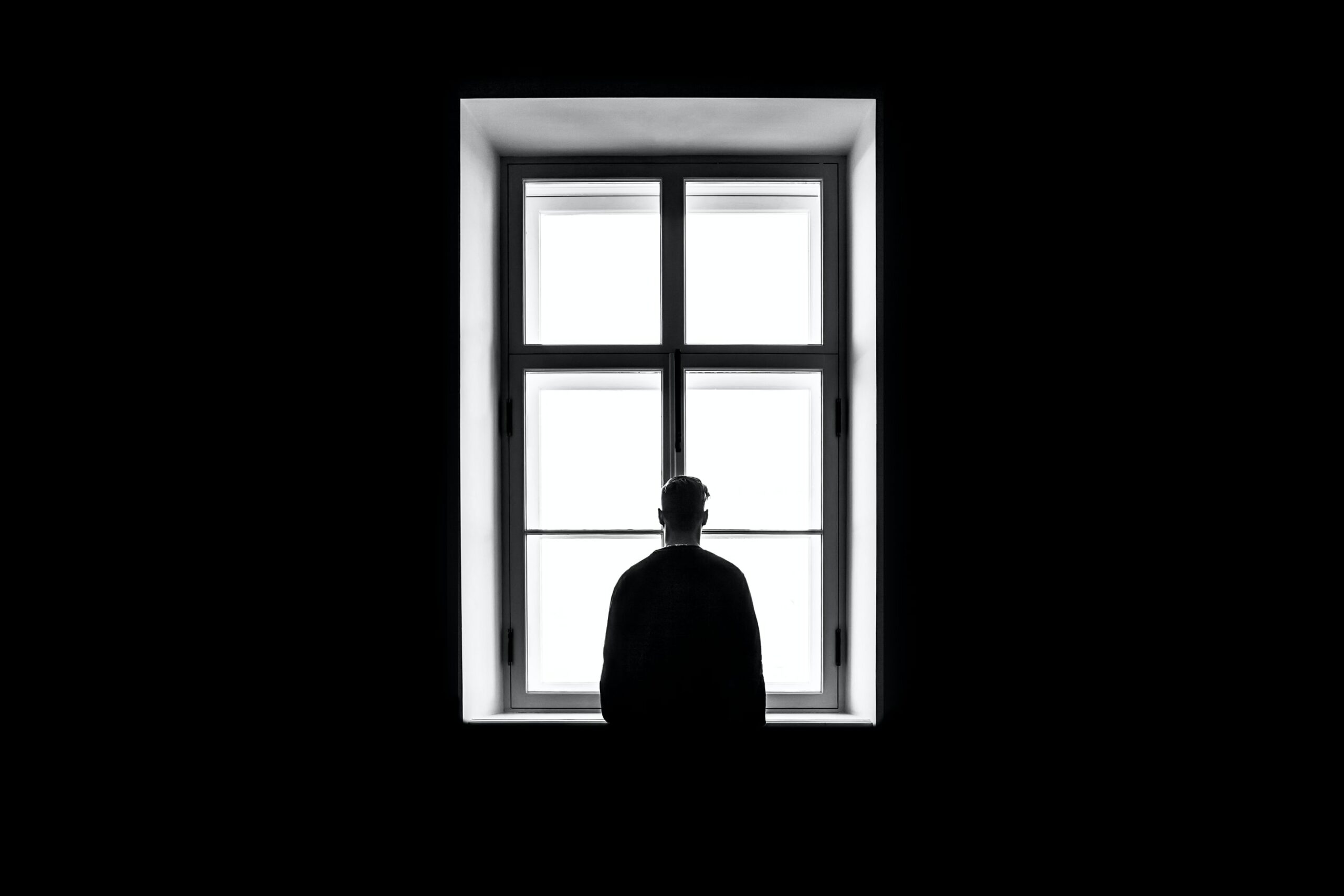The search for meaning has always formed an important aspect of being human but it seems to have become a more urgent quest in our time. Despite the new vision of the Cosmos as seen through the eyes of quantum physicists and modern cosmologists, in which humanity is intimately involved with what is happening in the Universe – our consciousness has been proved to play an integral part – , many of us are still caught up in the vision of the universe of Descartes and Newton. Their view painted humanity as isolated and meaningless, mere detached observers of a ‘clockwork universe’ that did not need our input or involvement. This view of being alone, insignificant in an uncaring Universe has been made worse by the feeling of some that the image of God as portrayed in traditional religion doesn’t anymore make sense in our modern, scientific world. This can result in a feeling of being even more alone, without support in life, which can lead to depression or the other side of the same coin – violence. Moreover, our awareness of early emotional and social imprints that shape our image, behaviour and attitude to the world, makes us feel even more out of control, automatons with ‘knee-jerk’ reactions, which adds to this feeling of meaninglessness. We may even feel powerless to change; we experience ourselves as prisoners of our past conditioning, prisoners of our own unmet needs, i.e. prisoners of the ‘ego’. But we can change. Perhaps not our circumstances, I admit. But however difficult they may be, we can choose to change our attitude to these circumstances: we have the choice not to react in a habitual way; we can leave the prison the past can seem to be.
The great gift here is meditation with its emphasis on letting go of thoughts and images, with the help of our prayer word, our mantra. The image of God is no longer important, what we think about God is no longer important, but the spiritual experience is tantamount. Commitment to regular meditation opens a deeper, interior, intuitive way of knowing imbued with meaning, often called our ‘Eye of the Heart’. This is a knowing that is wisdom rather than knowledge. Then we hear clearly in the silence the promptings of the inner voice of the ‘self’ rather than the chattering surface one of the ‘ego’. The ‘self’ challenges us ‘to take up our cross’ and helps the ego to grow with its insights, and thus enables the needed changes and integration of the whole of our being. We can break through our learned responses to the freedom of the present moment; choice, a free creative response is possible. Once we become aware of this, we are steps closer to loosening the bonds that bind us on the surface.
Our true ‘self’ with its connection to the Divine is our source and strength, bringing with it both wisdom and compassion. Then we rediscover the meaning of life we had lost sight off. I am not talking about a general meaning of life for everyone. We each have a unique, individual meaning. In Christianity there is a strong tradition of the concept of ‘calling’ and ‘destiny’ – we are called ‘by name’. (Isaiah) Each one of us is unique and special. ‘Calling’ always seems to suggest something grand, to do something special, but it can simply mean to be called to be who we really are, where we are: for instance a good parent or friend, empowering others to grow.
Meditation with its emphasis on paying attention to our mantra allows us to take the focus of ourselves and our needs and desires and turn not only to the Divine but also to our fellow human beings. How different would our world then be? Listen to Thomas Merton: “Then it was as if I suddenly saw the secret beauty of their hearts, the depth of their hearts where neither sin nor desire nor self-knowledge can reach, the core of their reality, the person that each one is in the eyes of the Divine. If only they could see themselves as they really are. If only we could see each other that way all the time. There would be no more war, no more hatred, no more cruelty, no more greed.”
Photo by Sasha Freemind on Unsplash





